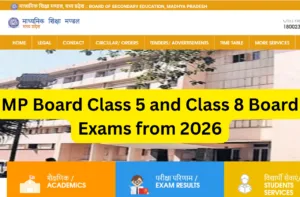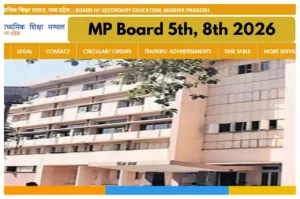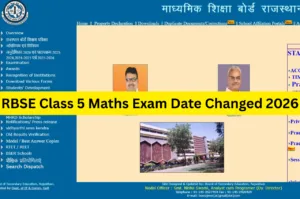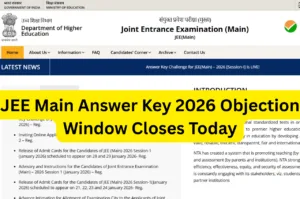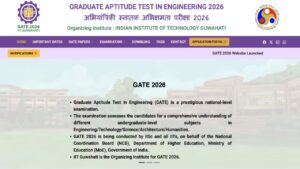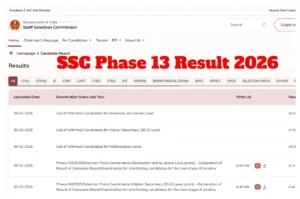In a significant ruling, the Supreme Court of India has directed that the NEET-PG 2025 examination, scheduled for June 15, be conducted in a single shift instead of two shifts. The decision aims to eliminate arbitrariness and ensure a level playing field for all medical aspirants.
Key Highlights of the Supreme Court’s Decision:
-
Single Shift Mandate: The exam will now be held in one shift to prevent discrepancies in question paper difficulty levels.
-
Transparency Assurance: Authorities must ensure complete fairness in conducting the test.
-
Bench’s Rationale: The court stated that two shifts create unfairness, as no two question papers can have the exact same difficulty level.
Background of the Case:
The ruling came in response to a petition challenging the National Board of Examinations (NBE)‘s notification for holding NEET-PG 2025 in two shifts. The plea, filed by Aditi and others, argued that multiple shifts could lead to unfair advantages due to varying difficulty levels.
Recent NEET-PG Reforms:
This decision follows the Supreme Court’s earlier verdict on NEET-PG counselling reforms, which included:
-
Preventing seat-blocking
-
Publishing raw scores, answer keys, and normalisation formulae
Why This Matters for Aspirants?
-
Fair Competition: Ensures equal opportunity for all candidates.
-
Reduced Stress: Eliminates anxiety over shift-based discrepancies.
-
Greater Trust: Reinforces transparency in medical entrance exams.
Final Verdict:
The bench, comprising Justices Vikram Nath, Sanjay Kumar, and N.V. Anjaria, emphasized that a single-shift exam upholds constitutional fairness under Article 14 (Right to Equality).
This ruling is expected to set a precedent for future medical entrance exams, prioritizing merit and equity over logistical convenience.

